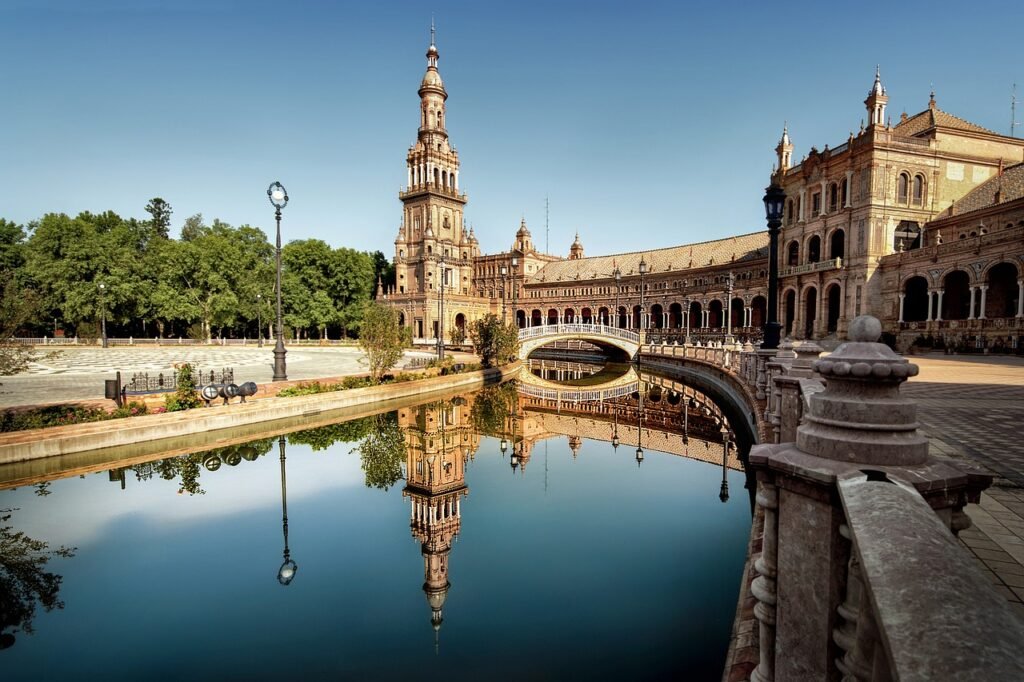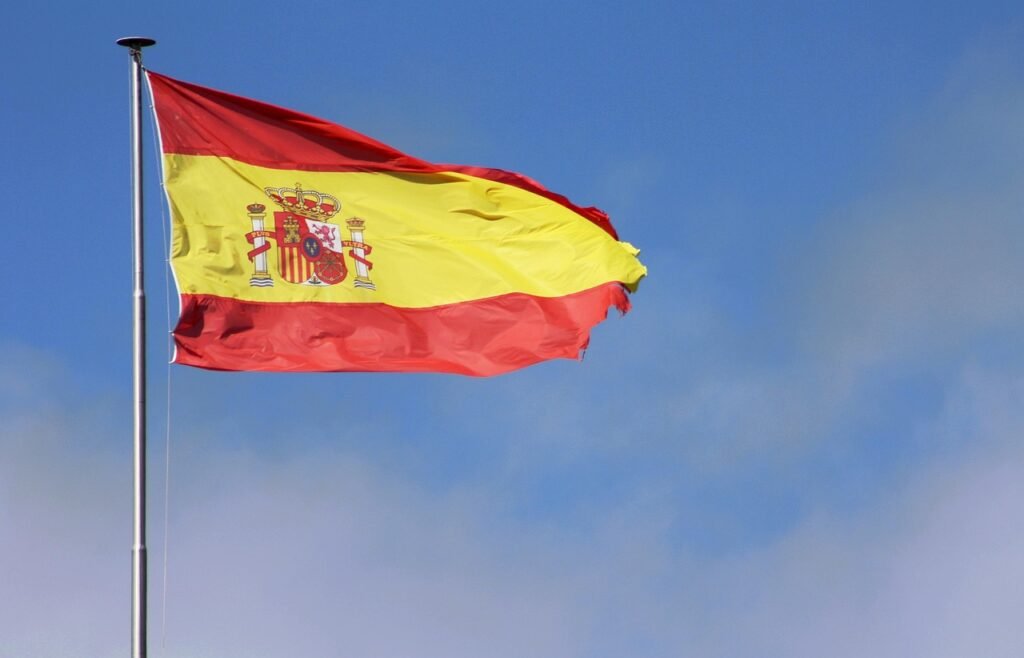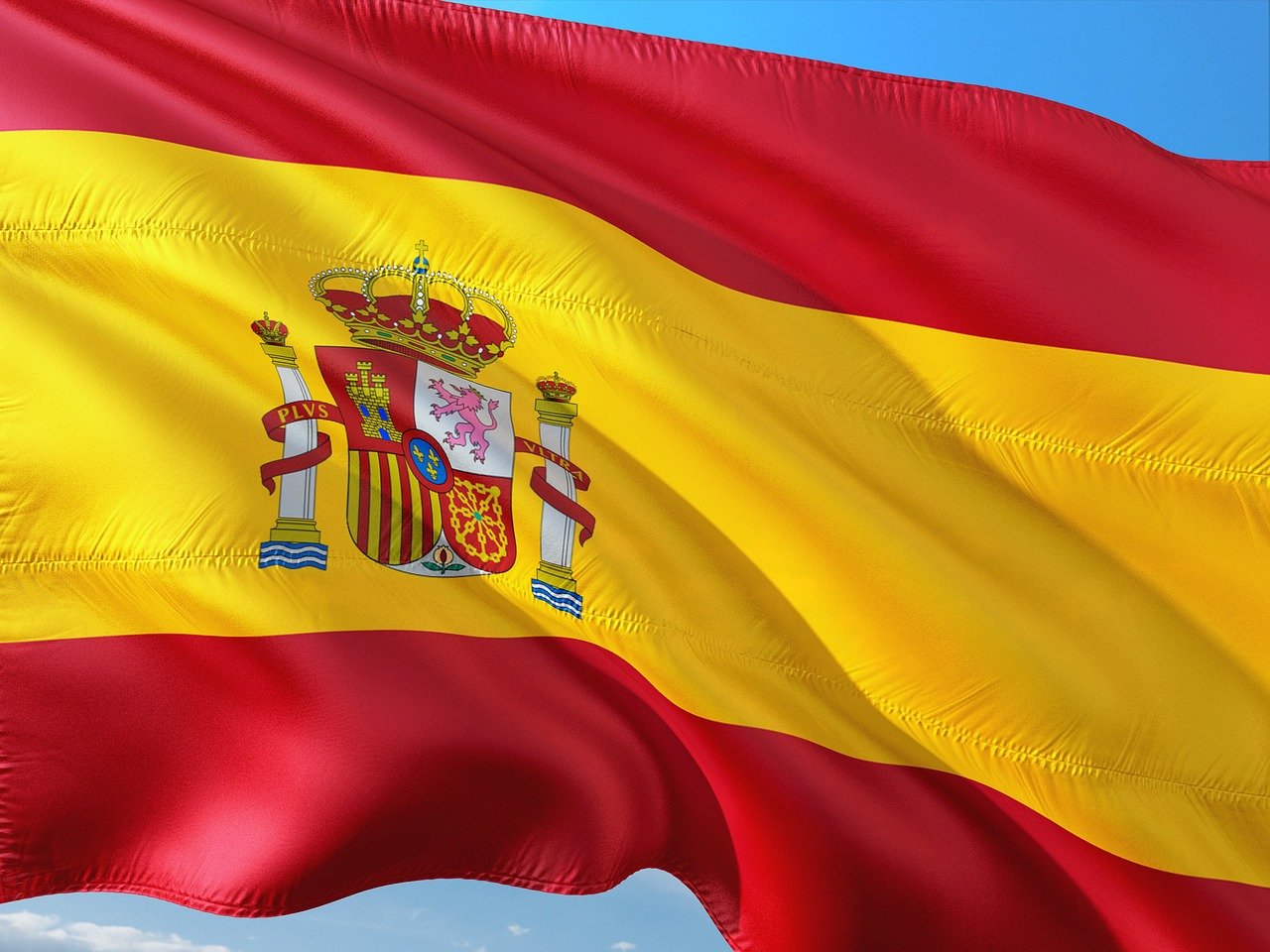As one of the largest economies in the Eurozone, Spain plays a vital role in the economic stability and growth of the European Union. Despite enduring significant challenges over the past two decades — from the 2008 financial crisis to the COVID-19 pandemic — Spain has demonstrated remarkable resilience and adaptability. However, as 2025 unfolds, the Spanish economy faces a complex mix of opportunities and challenges that will shape its trajectory in the coming years.
This article explores Spain’s current economic outlook, the sectors poised for growth, and the structural issues that need to be addressed to secure long-term prosperity.
A Glimpse at Spain’s Economic Landscape
Key Economic Indicators (2025 Projections):
- GDP growth: 2.1% (Eurostat)
- Unemployment rate: ~11.7% (still one of the highest in the EU)
- Inflation: 3.2%
- Public debt-to-GDP ratio: ~108%
- Tourism contribution to GDP: ~12%
- Youth unemployment: ~27%
Spain’s economy is diversified, with key strengths in tourism, agriculture, manufacturing, and increasingly, digital services and green energy. Yet, high unemployment, labor market rigidity, and regional economic disparities remain persistent concerns.

Economic Strengths and Growth Drivers
1. Tourism Recovery and Expansion
Spain is one of the most visited countries in the world, and tourism remains a pillar of its economy. With global travel rebounding, Spain is set to benefit immensely from renewed international tourism, particularly from European and North American markets.
However, the government is seeking to diversify tourism by:
- Promoting year-round destinations beyond coastal resorts
- Investing in sustainable tourism infrastructure
- Encouraging high-spending segments such as eco-tourism and cultural tourism
2. Green Transition and Renewable Energy
Spain is a leader in solar and wind energy in Europe. In line with EU Green Deal goals, the country is expanding its renewable energy infrastructure, with aims to:
- Achieve 74% renewable electricity generation by 2030
- Create over 200,000 new green jobs
- Attract foreign investment into clean energy technologies
These developments offer both environmental and economic benefits, creating new sectors and reducing energy dependency.

3. Digital Economy and Startups
Spain is emerging as a vibrant startup hub, especially in cities like Barcelona, Madrid, and Valencia. The “Startup Act” passed in 2023 aims to attract foreign talent and investors by:
- Offering tax incentives for startups and digital nomads
- Reducing bureaucratic red tape for company formation
- Creating a legal framework for digital businesses and blockchain startups
The country’s lower cost of living compared to other Western European capitals makes it an appealing destination for digital entrepreneurs.
Economic Challenges Spain Faces
1. High Structural Unemployment
Unemployment has long been a structural issue in Spain, particularly among the youth. Despite recent labor reforms, the job market suffers from:
- Overreliance on temporary contracts
- Skill mismatches between education and labor market needs
- Low labor productivity compared to EU averages
Tackling unemployment requires further reforms in education, vocational training, and more inclusive labor market policies.

2. Public Debt and Fiscal Sustainability
Spain’s public debt remains above 100% of GDP, largely due to pandemic-era spending and legacy burdens from the 2008 financial crisis. Although the economy is growing, there are concerns about:
- Rising interest rates increasing debt servicing costs
- The sustainability of pension systems in an aging society
- Limited fiscal space to address future crises
Continued commitment to fiscal discipline and EU-level support mechanisms like the Recovery and Resilience Facility are crucial.
3. Aging Population
Like many European countries, Spain is grappling with demographic decline. The fertility rate is below replacement levels, and the proportion of people over 65 is rising. This trend leads to:
- Shrinking workforce
- Increased pressure on healthcare and pension systems
- Lower long-term productivity growth
Solutions could include immigration reform, incentives for working families, and automation in labor-intensive sectors.

4. Regional Disparities
Economic activity is heavily concentrated in Madrid, Catalonia, and the Basque Country, while regions like Extremadura, Andalusia, and parts of Castilla-La Mancha lag behind.
Reducing the gap will require:
- Investment in regional infrastructure
- Incentives for businesses to operate outside major urban areas
- Promoting regional innovation clusters
EU Support and Integration as an Anchor
Spain benefits greatly from EU structural funds, especially under the NextGenerationEU recovery plan. Key investments focus on:
- Green transition
- Digital transformation
- Infrastructure modernization
- Social inclusion and education
EU membership remains a strong anchor for Spain’s economic direction, offering stability, funding, and access to a large single market.
What Lies Ahead?
Spain’s economic future in 2025 and beyond will be determined by how effectively it can:
- Reform its labor market to improve job quality and inclusivity
- Manage demographic challenges through policy innovation
- Continue transitioning to a green and digital economy
- Maintain fiscal health while investing in strategic sectors
If these areas are successfully addressed, Spain could not only overcome its current hurdles but also emerge as one of the most dynamic economies in Southern Europe.

Online Presence: A Must for Spanish Entrepreneurs
In today’s digital economy, visibility is key. Whether you are a local entrepreneur expanding within Spain or seeking to enter other EU markets, having a professional online presence is crucial.
Rakuzan.eu specializes in building high-quality websites for European businesses. Their services help you enhance credibility, reach global clients, and align with the EU’s push for digital transformation — giving your brand the online presence it needs to succeed in a competitive market.
For web hosting solutions that are fast, secure, and affordable, Hostinger is an excellent choice. With EU-based data centers, scalable plans, and 24/7 support, Hostinger ensures that your website stays online and performs at its best — whether you’re targeting customers in Spain, Germany, or across the globe.
This article is for informational purposes only and does not constitute financial, tax, or investment advice. Readers should consult with a licensed professional before making any financial or business decisions.





